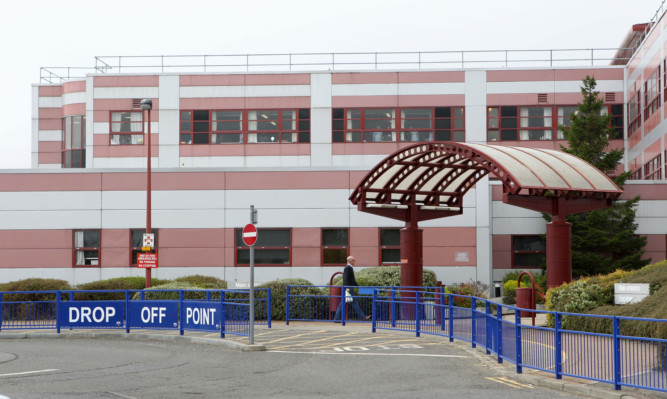Plans to centralise more health services in Queen Margaret will continue, as it takes over work carried out by two local clinics.
The latest phase of the Queen Margaret Hospital development project sees the creation of a dedicated unit for community and primary care services.
The services, which will be housed in what will be called the Carnegie unit, will bring together a range of services from Carnegie Clinic and Abbeyview Clinic including speech and language therapy, child and adolescent mental health, the centre for the vulnerable child, podiatry, diabetics, dietetics and psychology.
On the second floor of the hospital, the unit will also incorporate patient waiting areas, service support facilities such as a children’s art and play room, meeting rooms and staff areas.
Work on the unit is expected to last until next summer, with services relocating later in the year.
Clinical director Dr Alan McGovern said: “The Carnegie unit is another key development on the Queen Margaret site, and one which will bring a number of benefits to patients and services.
“By bringing services closer together in a dedicated unit we expect patients to have better access to a wider range of services.
“Specialists will have more time available and communication between departments and other hospital services will be improved. In addition, moving to a modern healthcare site will mean an improved environment for both patients and staff.”
Services which have already moved from Carnegie Clinic, including adult and child physiotherapy and children and young people’s physiotherapy and occupational therapy, are already seeing the benefits, he said.
Both services moved last year to a dedicated therapies suite in the hospital.
Dr McGovern added: “Our physiotherapy and occupational therapy teams are now able to work alongside existing specialist services on-site, allowing the professionals to work closer together and develop their services more easily.
“The service to patients has been improved by access to new clinic and gym facilities and the hydrotherapy pool. The Queen Margaret site itself provides improved accessibility for patients, with better changing and hoisting facilities. Patients who use the services which are moving into the Carnegie unit will also see a number of benefits.”
NHS Fife has already undertaken a comprehensive engagement exercise with patients from the two Dunfermline clinics and the community to hear their views about the relocation of services. Priorities identified by patients, including accessibility on the Queen Margaret site, have already been acted on, with an increased number of disabled parking spaces available and the introduction of parent and child and short-stay spaces.
